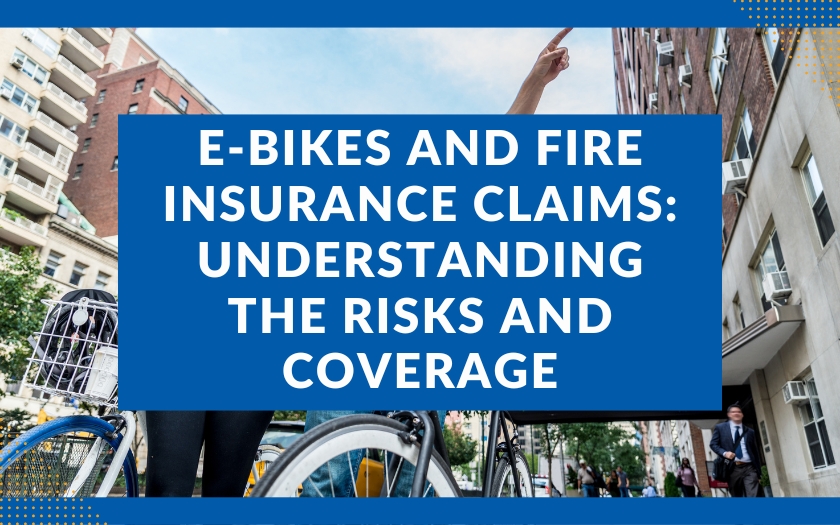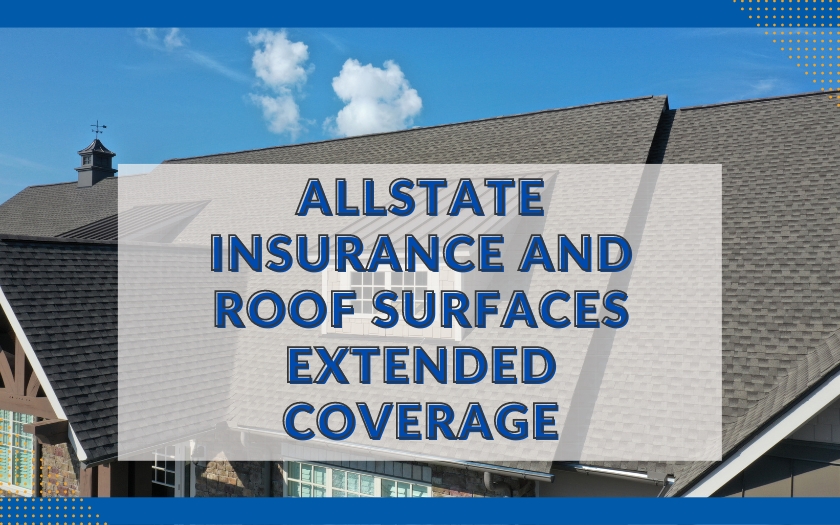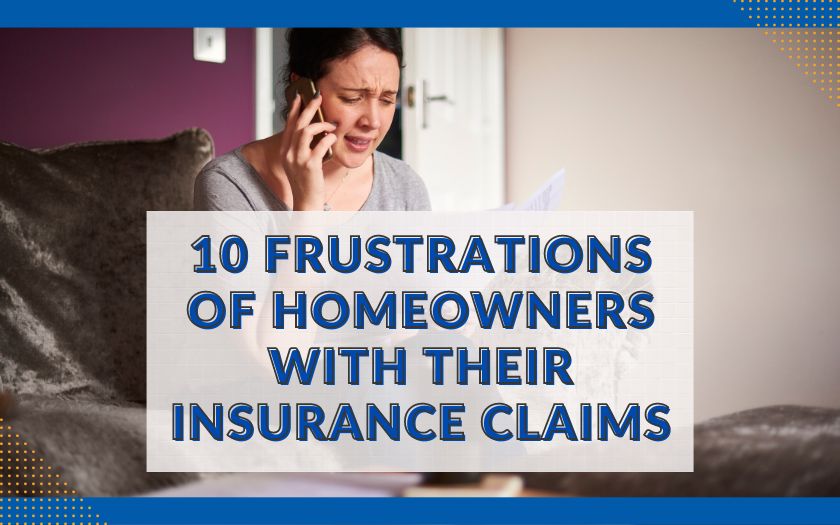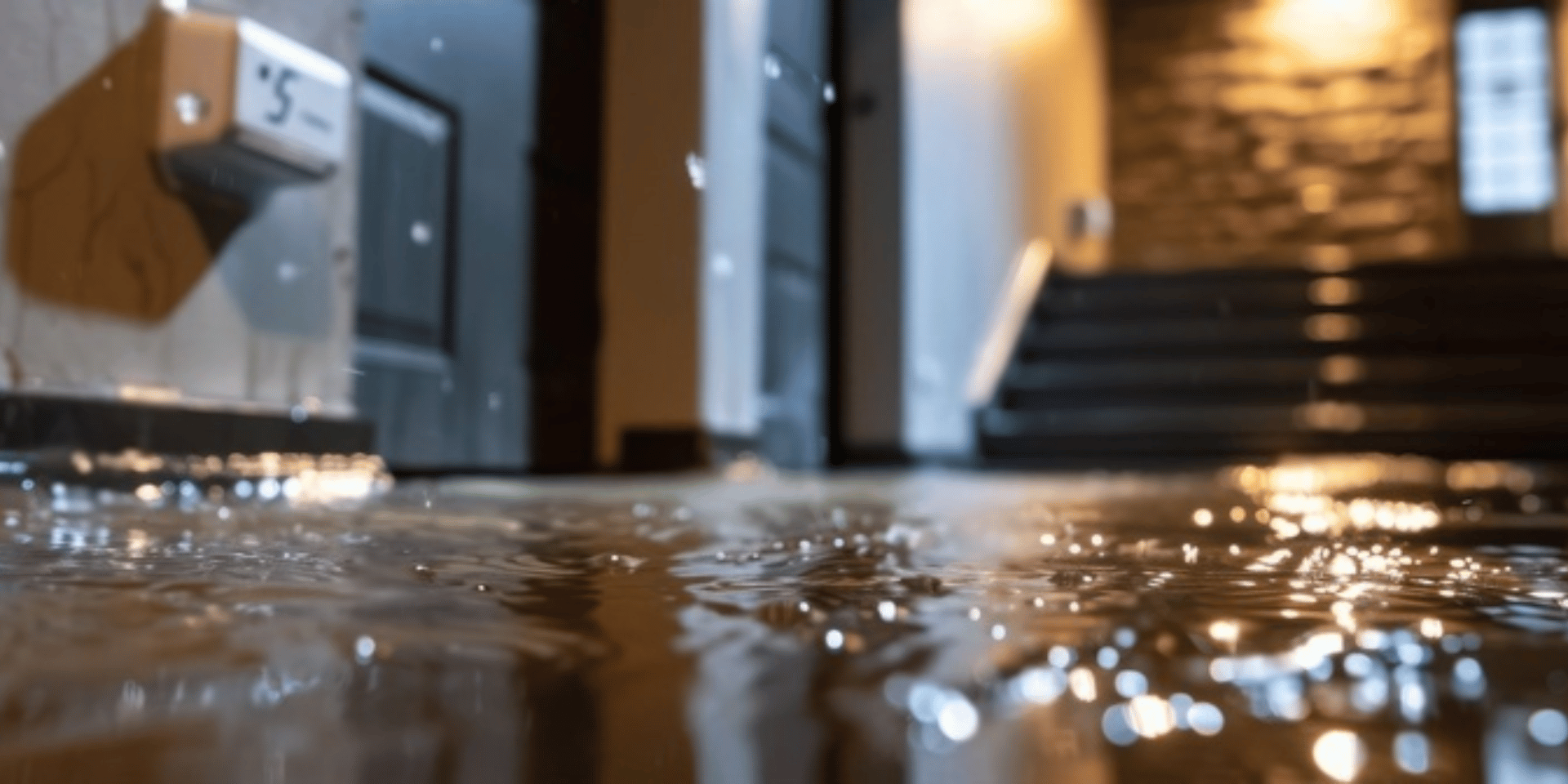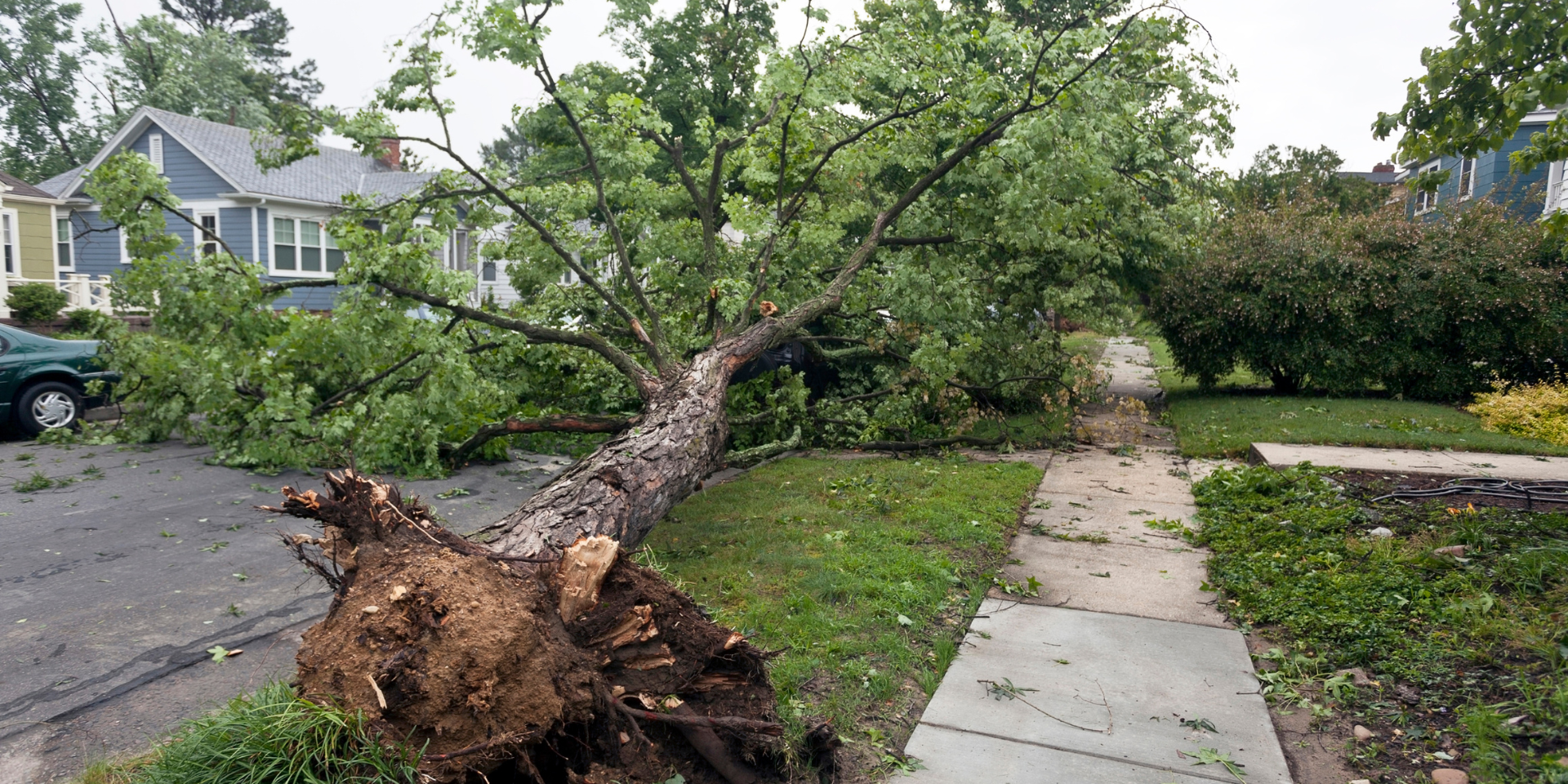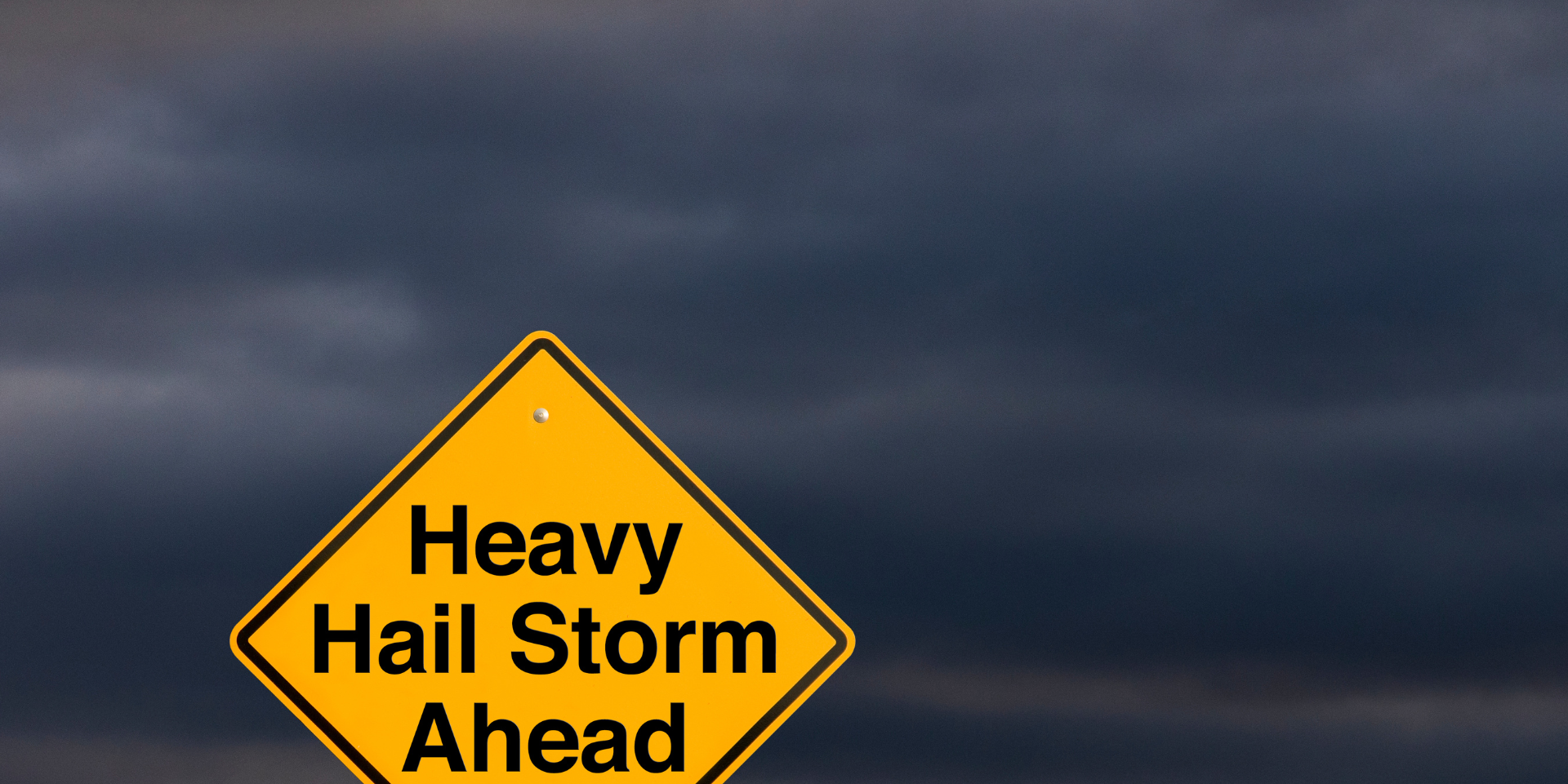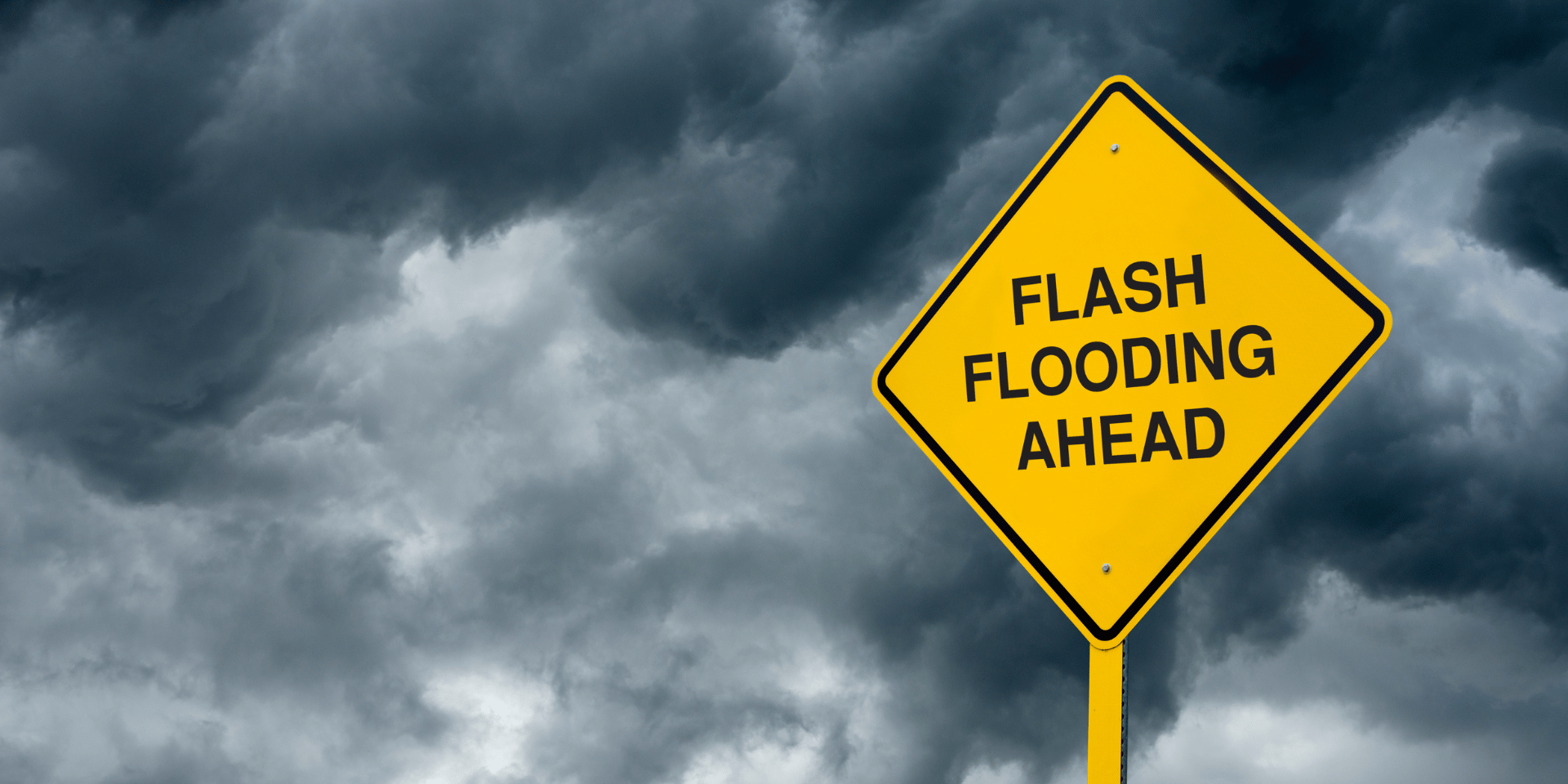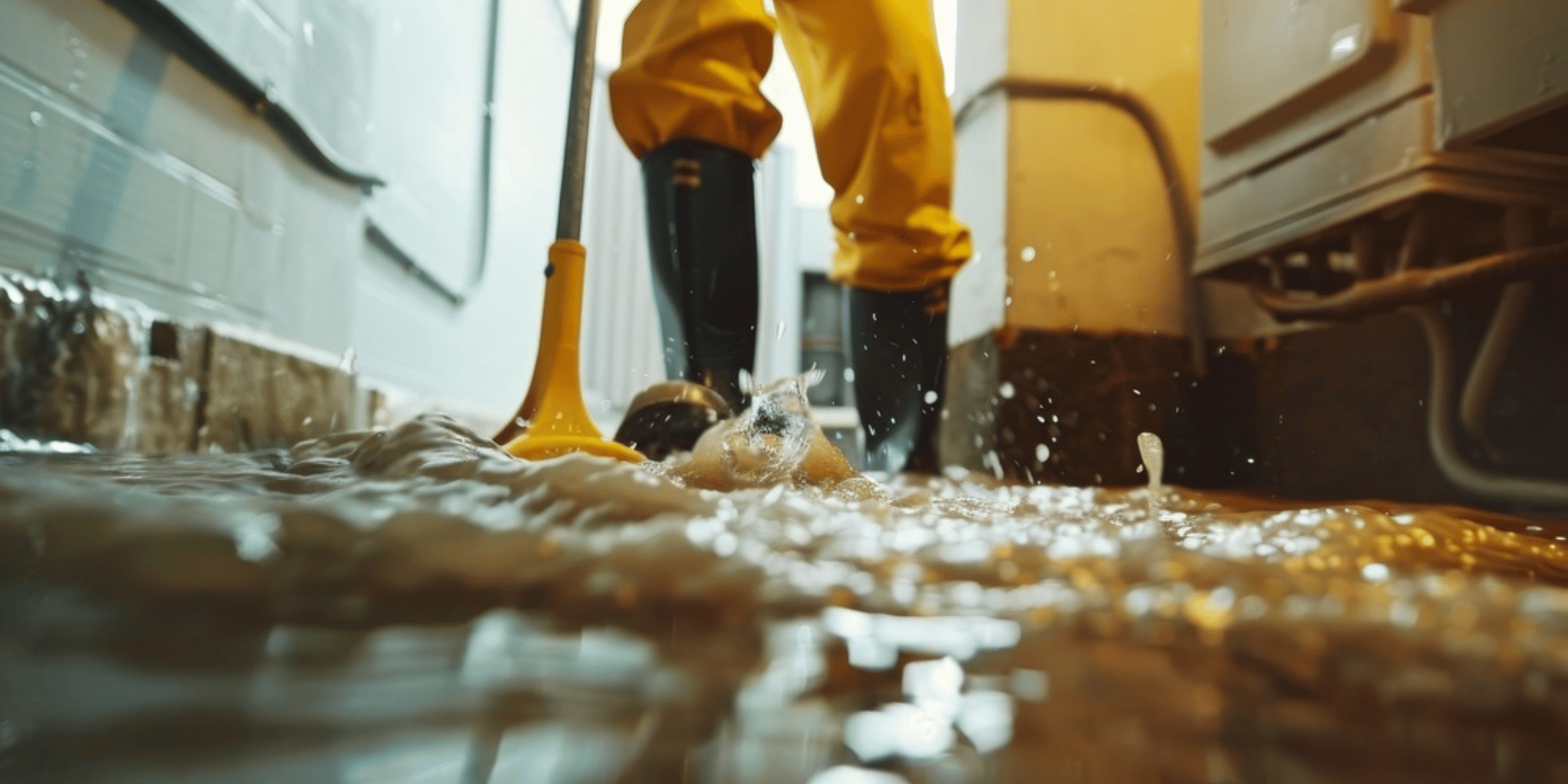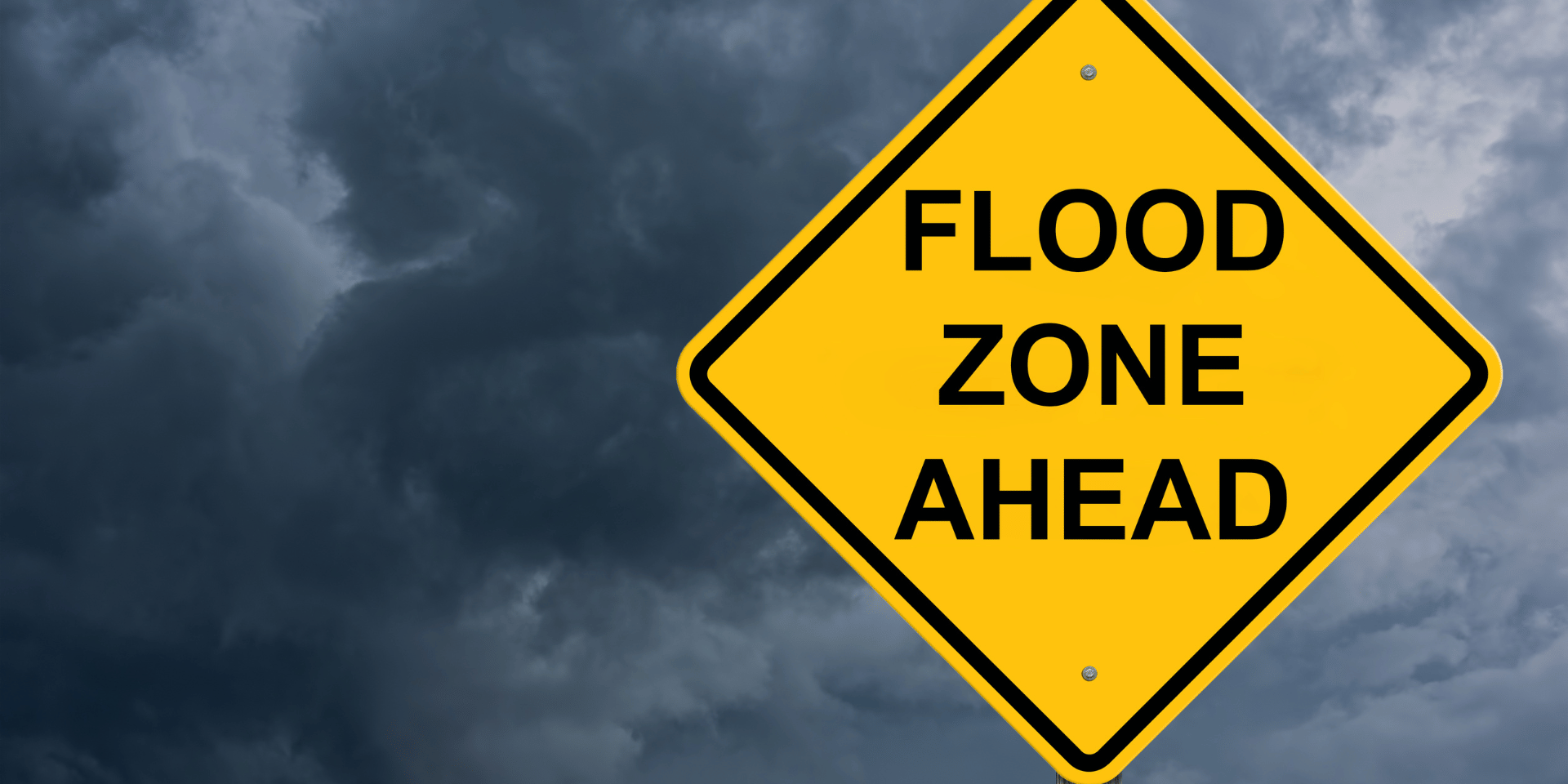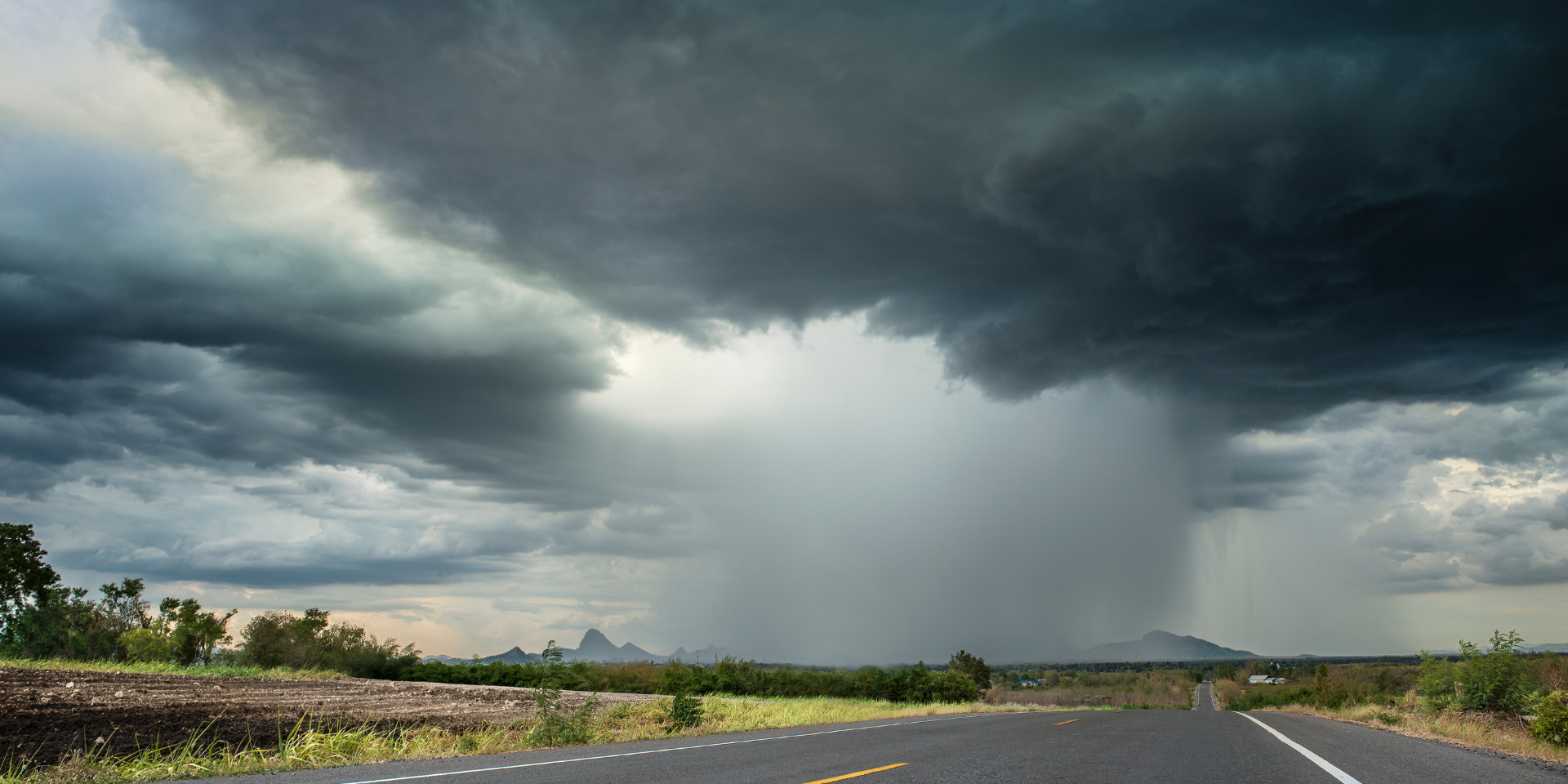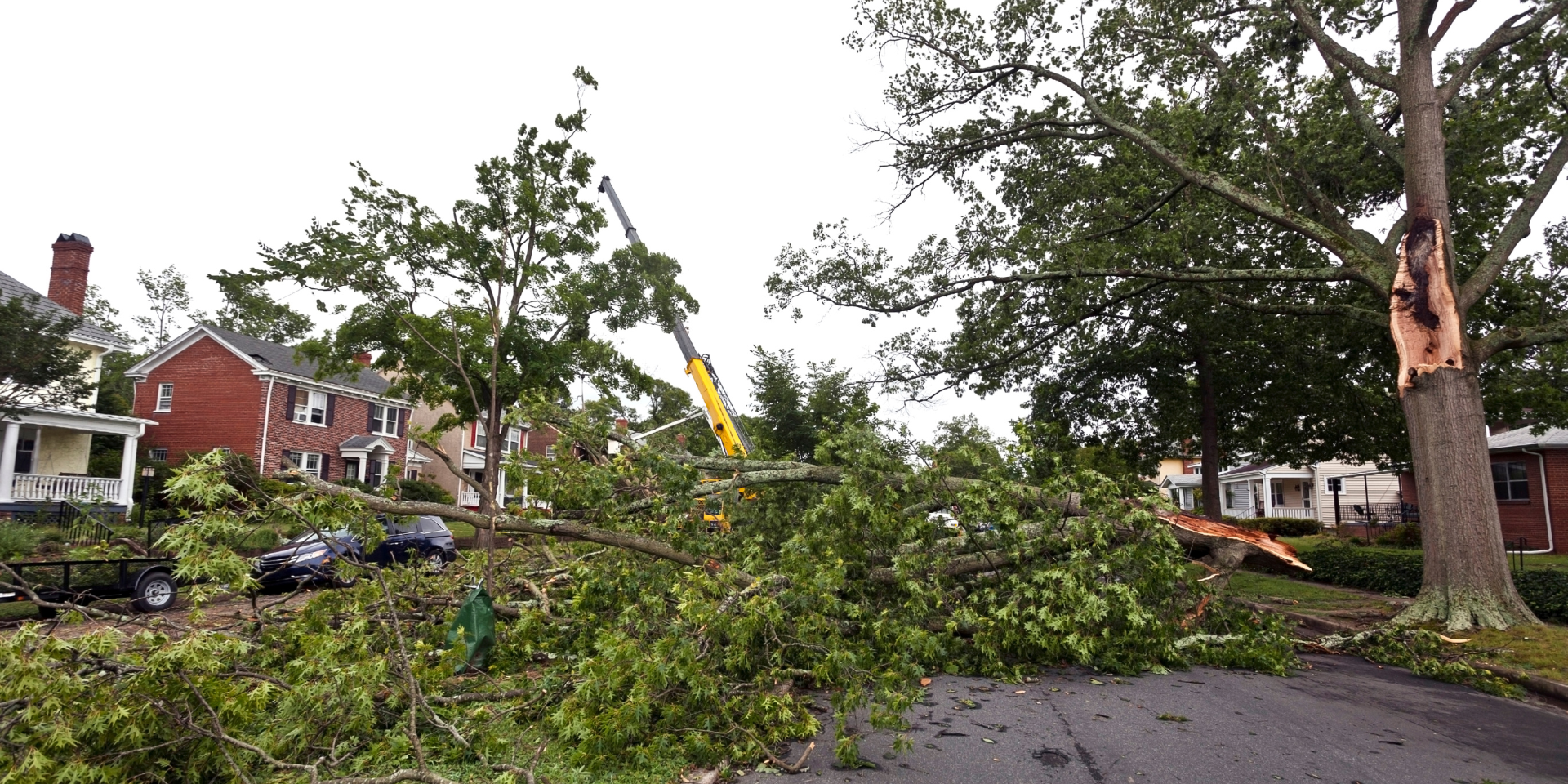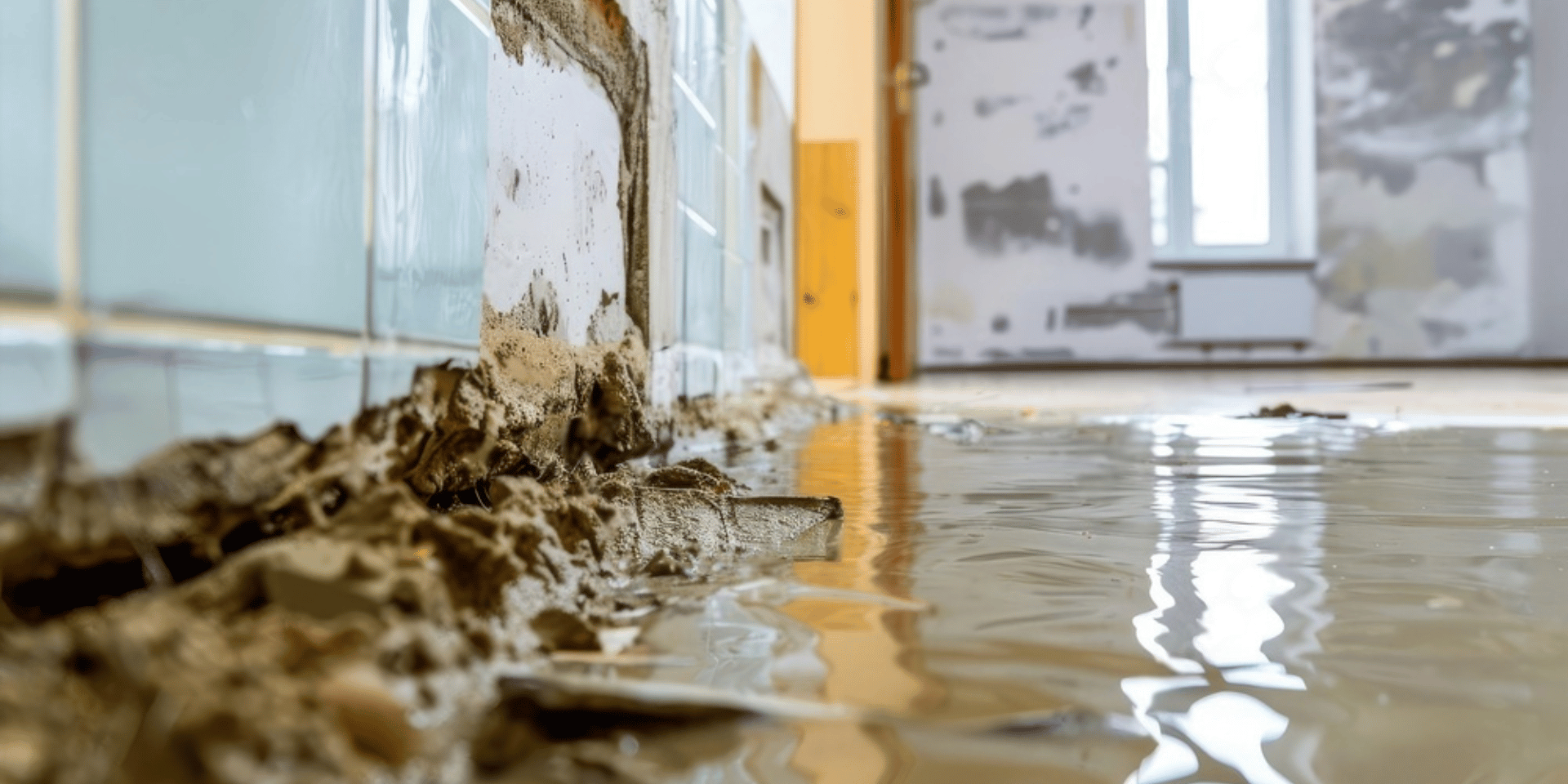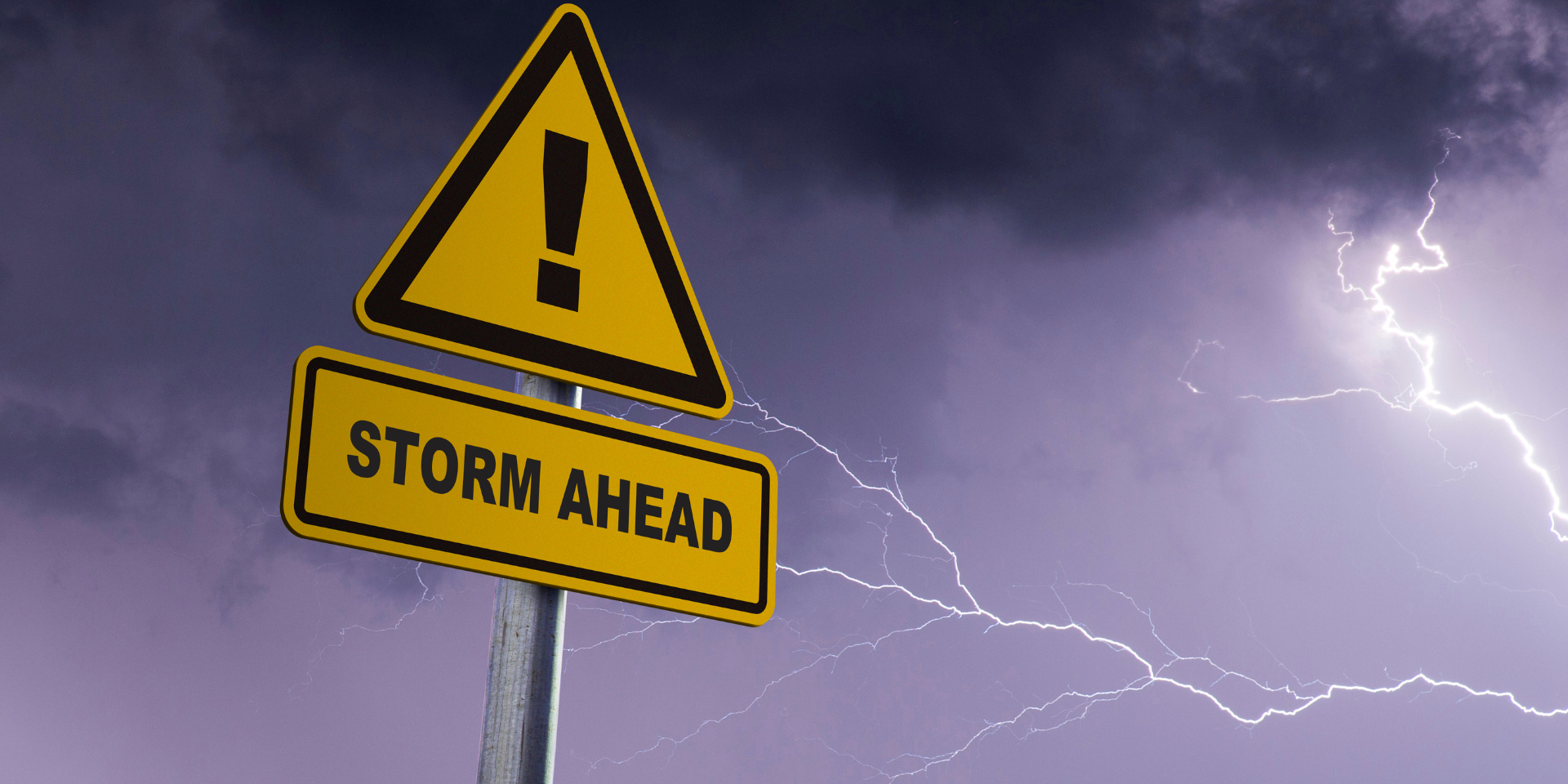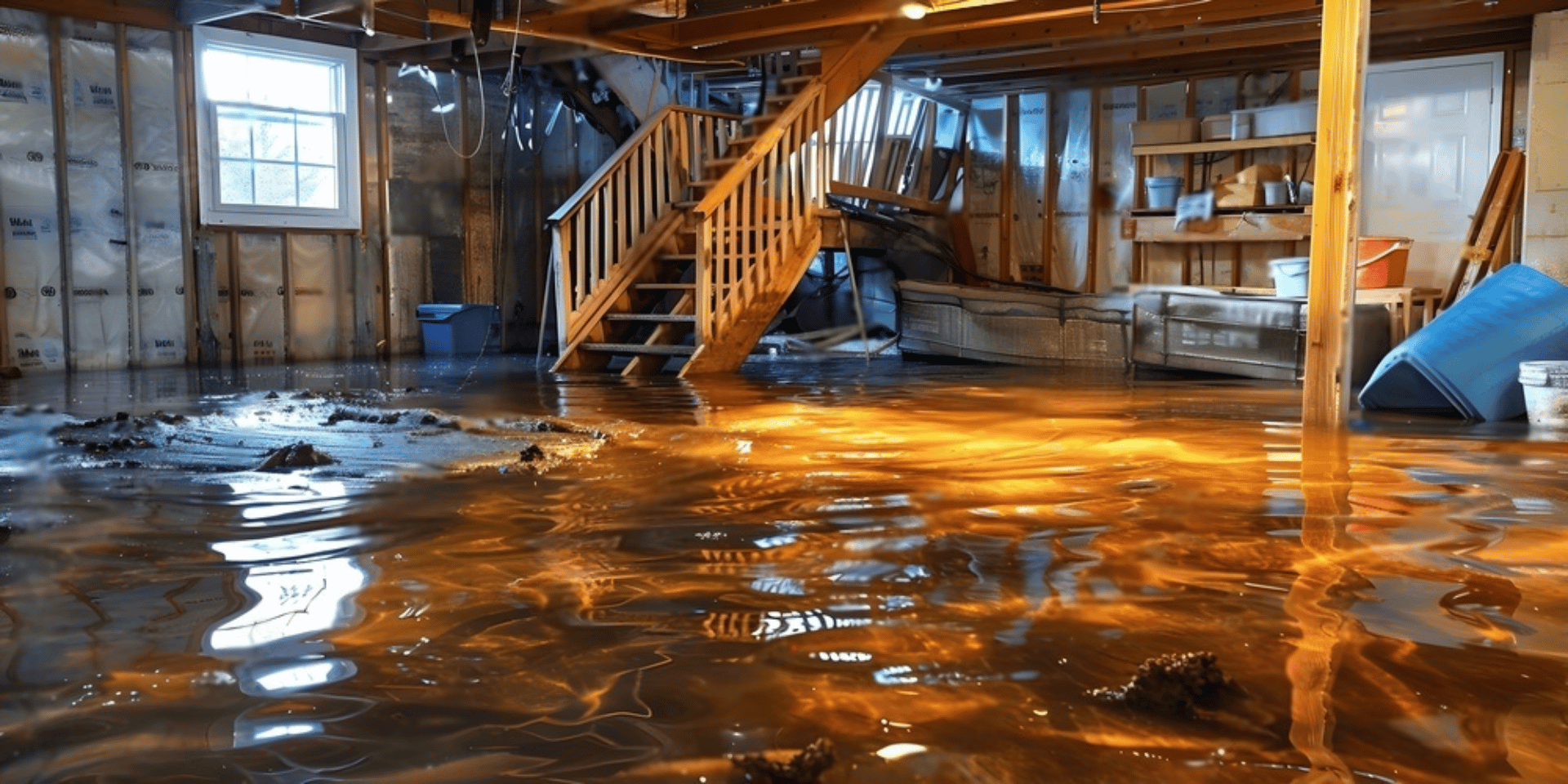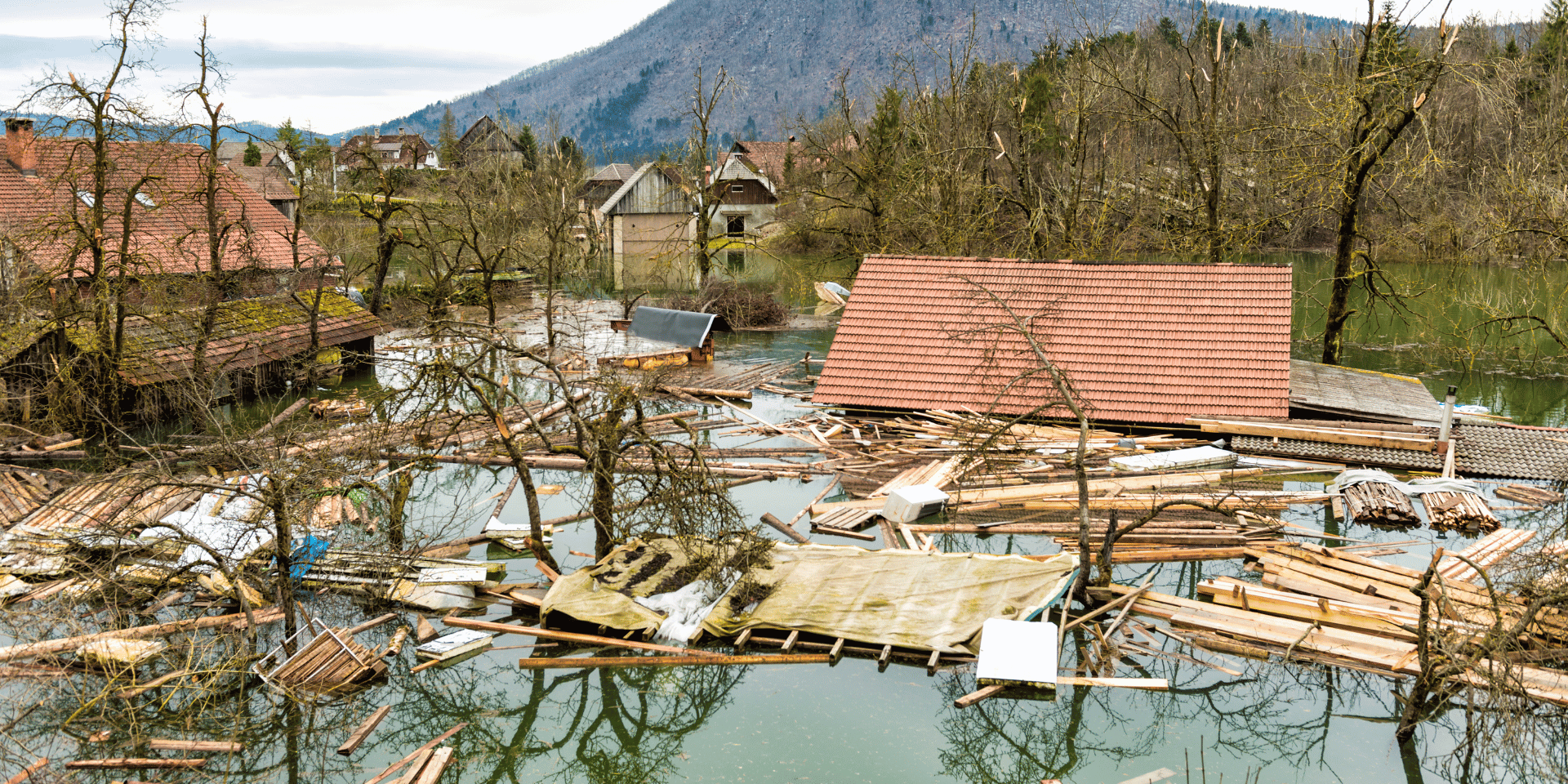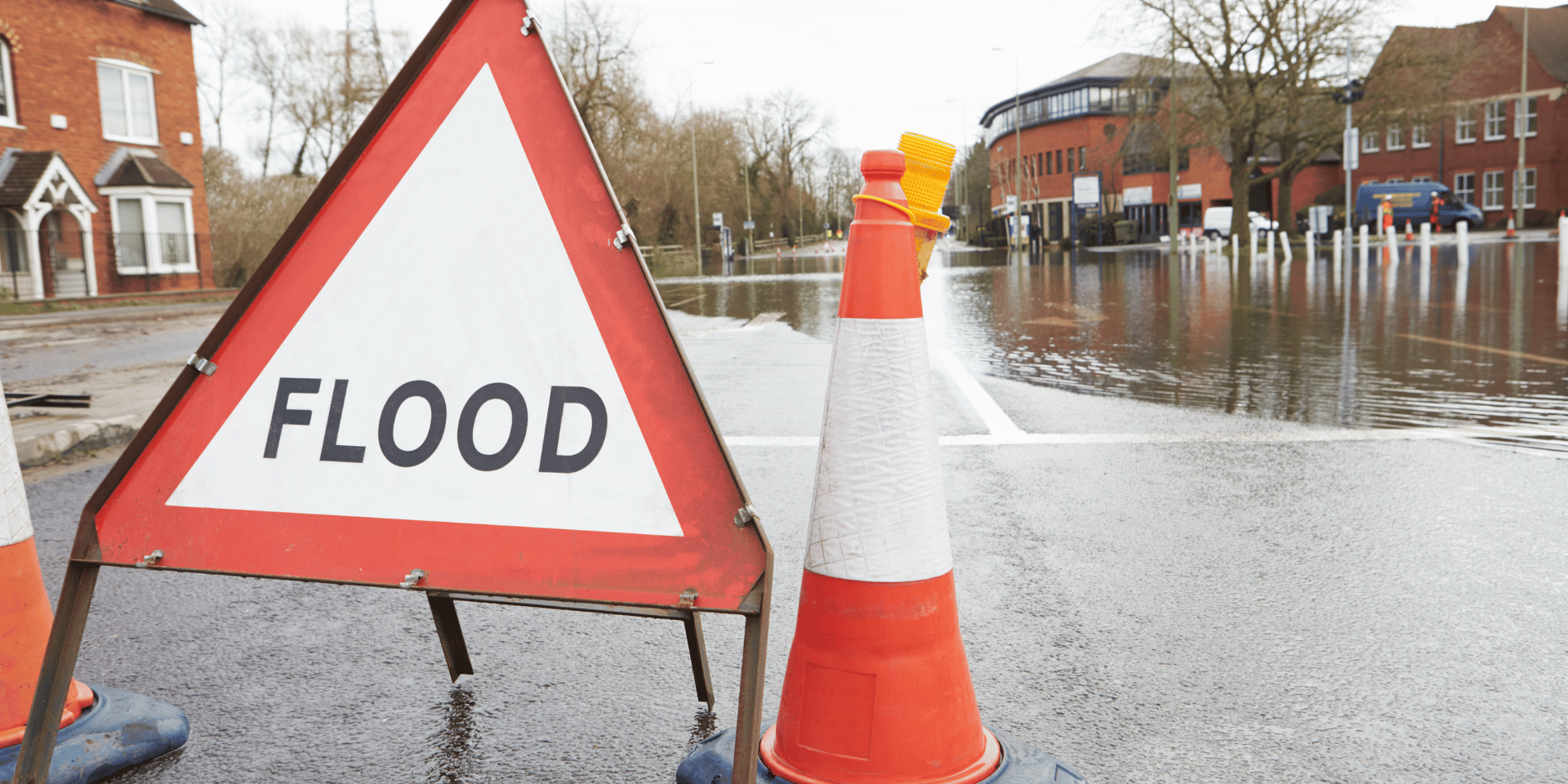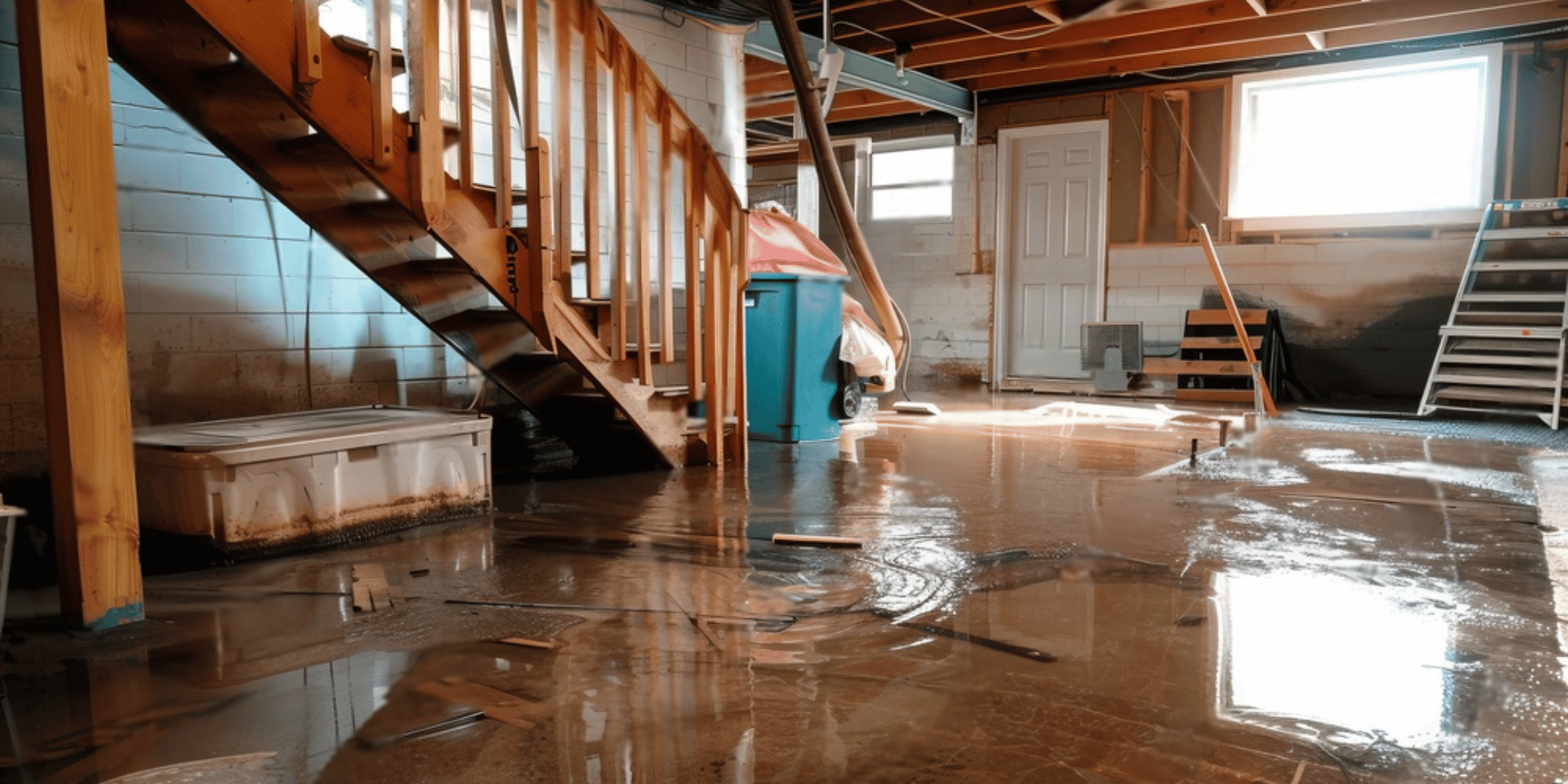Flood insurance claims are filed by property owners who have suffered damage to their homes or businesses due to flooding. Flood insurance is typically purchased separately from standard homeowner’s or commercial property insurance policies and is designed to provide financial protection against flood damage. However, not all flood insurance claims are approved, and there are several reasons why a claim may be denied. In this context, it’s important to understand the process of filing a flood insurance claim, what’s typically covered by flood insurance policies, and what steps to take if your claim is denied.
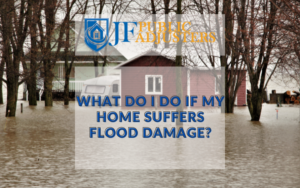
If your home has suffered flood damage, here are some steps you can take:
Ensure your safety: Before entering your home, ensure it is safe to do so. Turn off the electricity and gas to your home, and watch out for any hazards such as loose electrical wires or sharp objects.
1. Contact your insurance provider: If you have flood insurance, contact your insurance provider as soon as possible to report the damage. They will be able to guide you through the claims process and let you know what is covered under your policy. It’s also a good idea to contact a public adjuster such as JF Public Adjusters who can assist you with your claim starting from reporting the claim to your insurance provider.
2. Document the damage: Take photos or videos of the damage to your home and belongings. This will be useful when you file your insurance claim. If you are using a public adjuster, your public adjuster can do this for you.
3. Remove standing water: If there is standing water in your home, remove it as soon as possible. Use a pump, wet/dry vacuum, or hire a professional water damage restoration company to remove the water.
4. Dry out your home: Use fans, dehumidifiers, and open windows to help dry out your home. It’s important to remove all moisture to prevent mold growth. Flood damage goes well beyond getting your home and personal belongings wet. This is why we do not recommend doing (4) and (5) on your own. Using a professional restoration company is your best bet to ensure your home is truly dry. Failure to do so could mean mold infestation down the track. Plus, failure to properly mitigate the loss could result in your insurance claim being denied or your settlement being reduced.
5. Dispose of damaged items: Remove any items that are damaged beyond repair and dispose of them properly. This will help prevent the growth of mold and bacteria.
6. Disinfect your home: After removing any damaged items, disinfect your home to kill any bacteria or mold that may be present. Use a solution of bleach and water, or hire a professional cleaning company to do the job. The restoration company will perform this as part of the remediation process.
7. Repair and rebuild: Once your home is dry and disinfected, you can begin to repair and rebuild. Work with your insurance provider to ensure that you are following their guidelines and that any repairs are covered under your policy.
Remember, dealing with flood damage can be a difficult and stressful experience. At JF Public Adjusters, we have a lot of experience dealing with all kinds of property damage claims, including flood claims. We can take care of your flood insurance claim from start to end. We’ll ensure you receive the best possible settlement from your insurance provider so your property can be returned to its pre-flood condition.
Do all insurance policies cover flood damage?
No, not all insurance policies cover flood damage. In fact, many standard homeowner’s insurance policies specifically exclude flood damage.
If you live in a high-risk flood zone, your mortgage lender may require you to purchase flood insurance. If you do not live in a high-risk flood zone, you may still want to consider purchasing flood insurance to protect your home and belongings from flood damage.
Flood insurance can be purchased through the National Flood Insurance Program (NFIP) or through private insurance companies. If you’re unsure if your insurance policy covers flood damage, you should review your policy documents or contact your insurance provider to find out.
What are some reasons that flood insurance claims are denied?
There are several reasons why property flood claims can be denied. Here are some common reasons:
Lack of flood insurance: If your property suffers flood damage and you don’t have flood insurance, your claim will be denied. Standard homeowner’s insurance policies do not cover flood damage.
Exclusions in the policy: Even if you have flood insurance, there may be certain exclusions in your policy that could result in a denied claim. For example, some policies may exclude damage caused by certain types of floods, such as sewer backups or water that enters your home through a leaky roof.
Failure to maintain your property: If your property suffers flood damage due to a pre-existing issue, such as a leaky roof or broken window, and you failed to maintain your property properly, your claim may be denied.
Delay in filing a claim: It’s important to file a flood claim as soon as possible after the damage occurs. If you wait too long to file a claim, your insurance provider may deny it.
Inaccurate or incomplete information: When you file a flood claim, it’s important to provide accurate and complete information about the damage. If there are discrepancies or omissions in your claim, it may be denied.
Fraudulent claims: If your insurance provider suspects that your claim is fraudulent, they will investigate the claim and may deny it if they find evidence of fraud.
If your property flood claim is denied, you can appeal the decision or contact your insurance provider to discuss the reason for the denial and your options.
If you have filed a claim and your insurance provider has denied your claim, you should consider consulting with JF Public Adjusters.
Wind, hail, fire and smoke or water damage from broken pipes, can happen at any time of day or night. Their effects can be anywhere from slightly inconvenient to extremely devastating. You have an insurance policy to protect you those unexpected situations. However, in order to make the most of the policy, you need a public adjuster.
As public adjusters, our mission is to guide you through the process of managing your property insurance claim, ensuring that you secure the most favorable settlement. Our aim is to swiftly and efficiently restore your property to its pre-loss condition.
Uncertain about whether your insurance will provide coverage for the damage? We encourage you to get in touch with us regardless.
Contact Us
You can reach us via phone or text at (917) 272-8793.
GET IN TOUCH!
The Leading Property Damage Experts Are Here To Help
CONTACT NEW YORK’S HIGHEST RATED PUBLIC ADJUSTER IMMEDIATELY BY CALLING OUR OFFICE OR BY COMPLETING THE FORM.
CALL US FOR FREE

